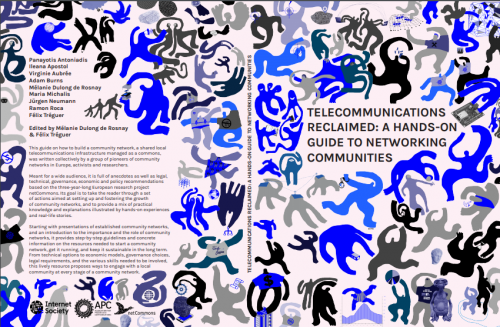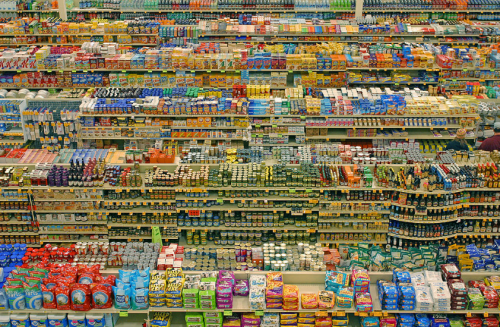This book is a guide on how to build a community network, a shared local telecommunications infrastructure, managed as a commons, to access the internet and other digital communications services. It was written collectively by a group of community network pioneers in Europe, activists and researchers during a writing residency week held in Vic, Catalonia in October 2018.
Meant for a wide audience, the book includes practical knowledge illustrated by several hands-on experiences – a set of 32 real-life stories – as well as legal, technical, governance, economic and policy material extracted from netCommons, a three-year-long research project supported by the European Commission. Its goal is to guide the reader through a set of actions aimed at setting up and fostering the growth of a community network, but also, for policy makers, local administrations and the general public, to create the right conditions to let community networks bloom and flourish.
“Telecommunications Reclaimed: A Hands-On Guide to Networking Communities“, netCommons. Open access. Via John Thackara. Previously: How to build a low-tech internet?






